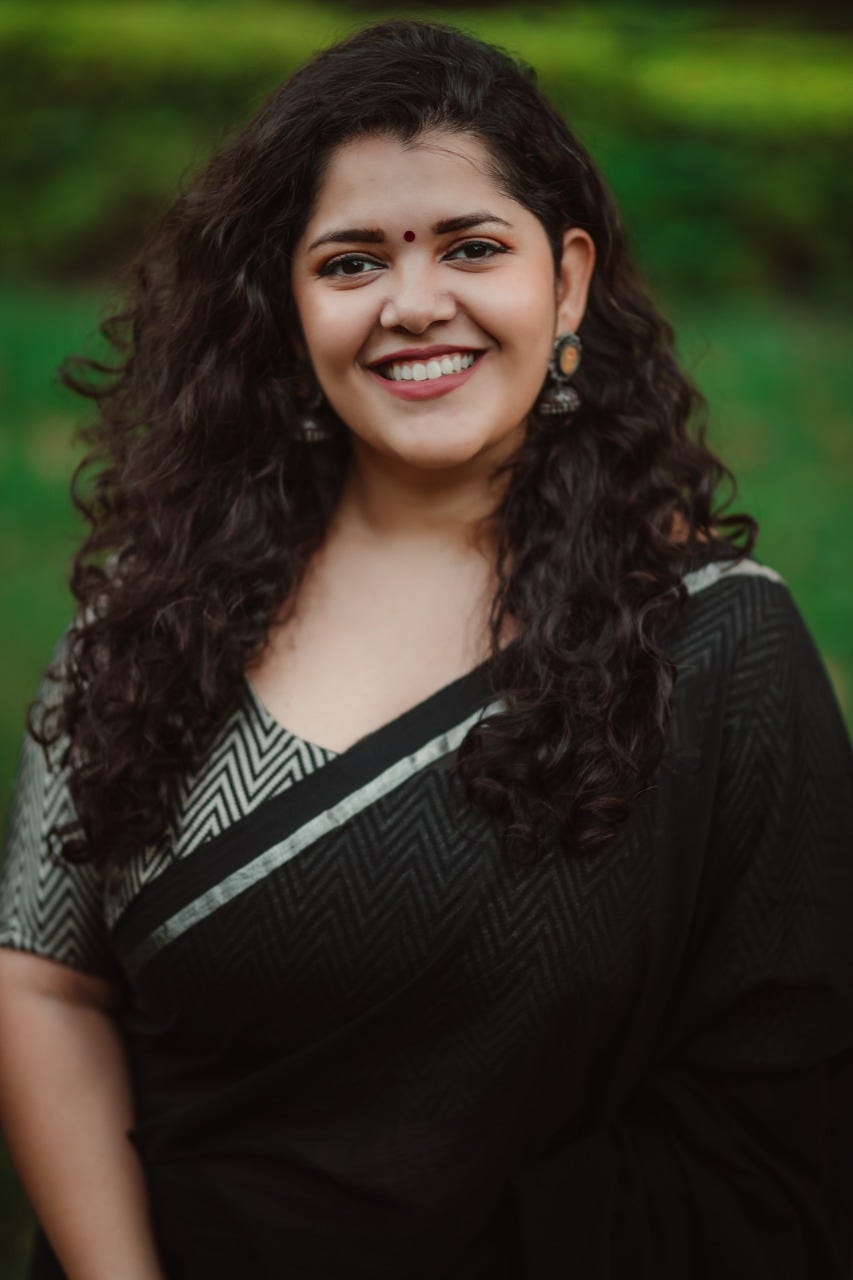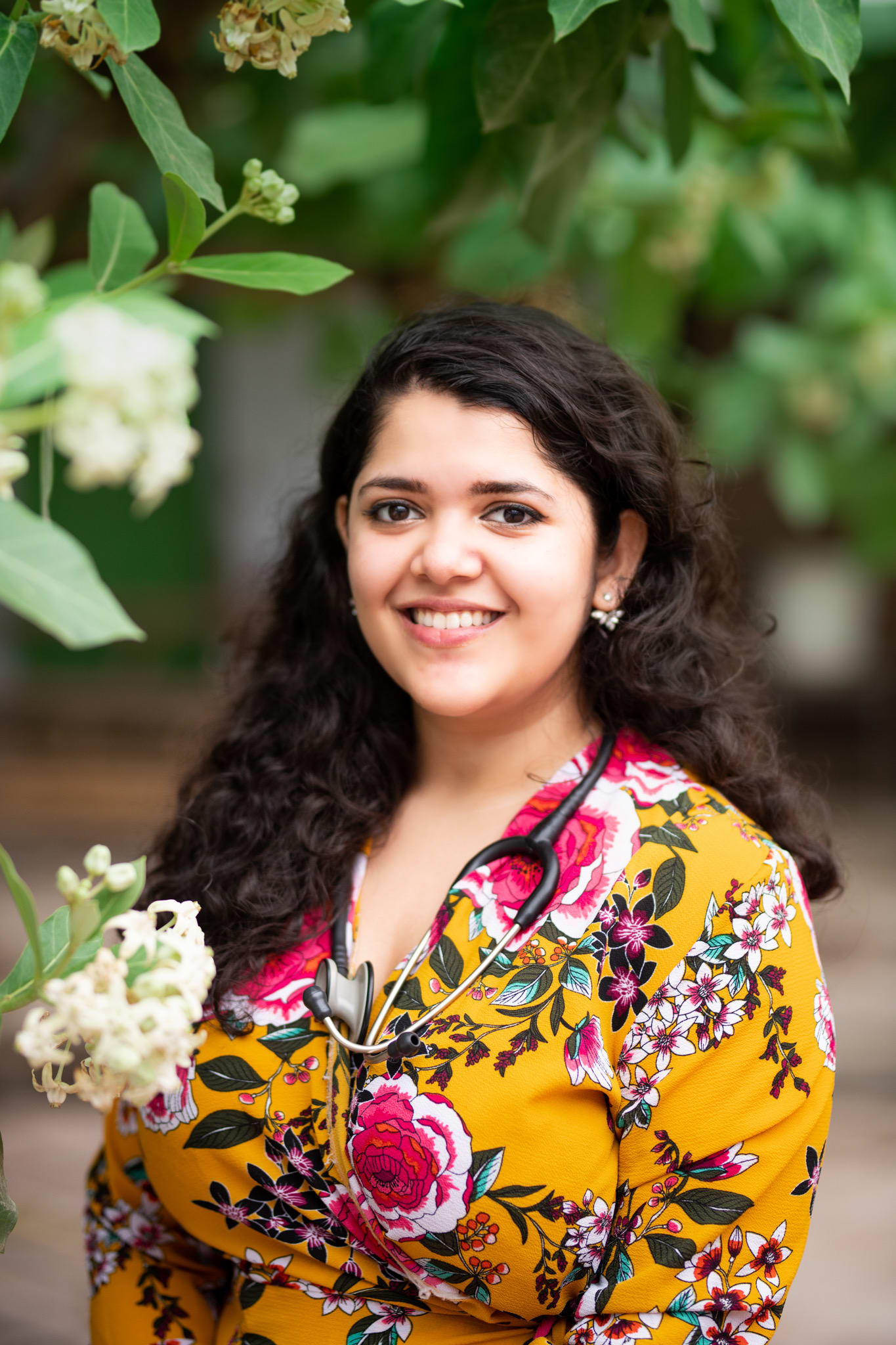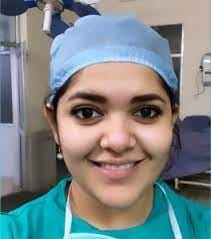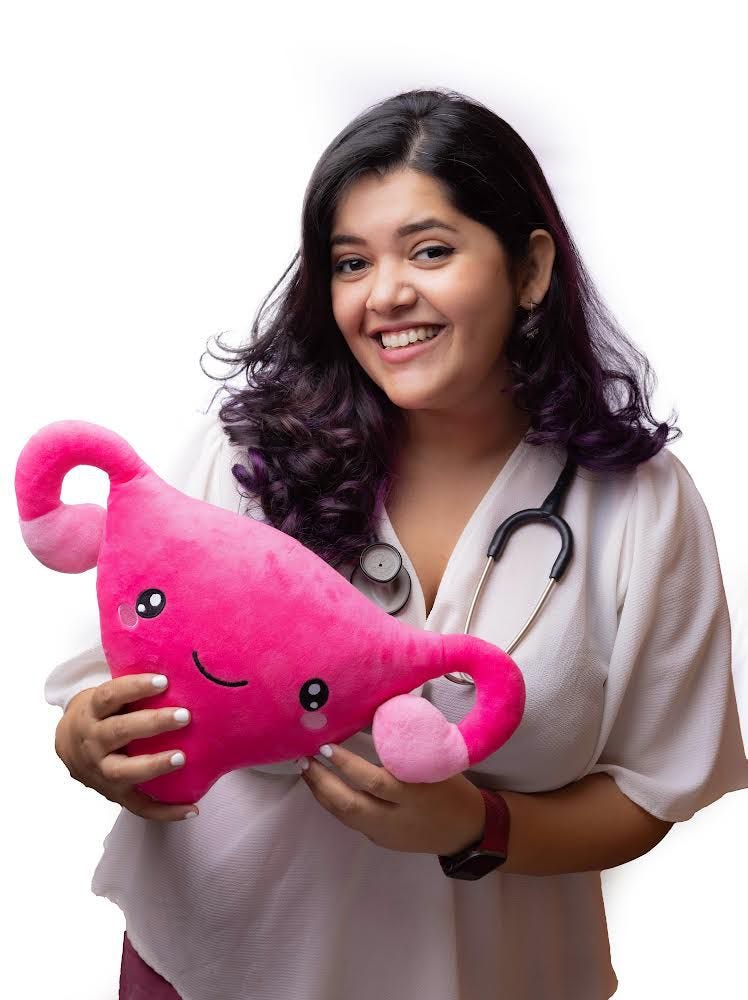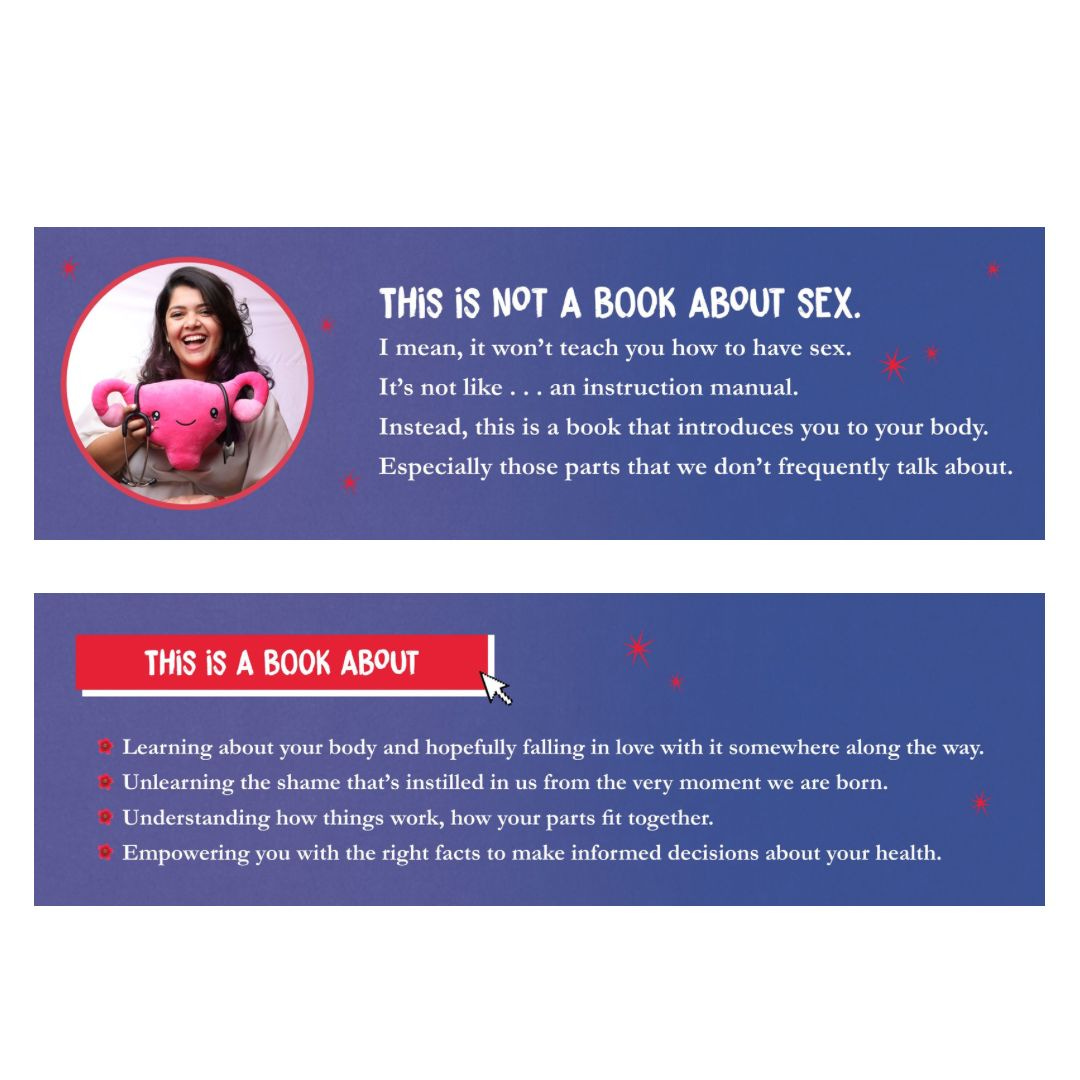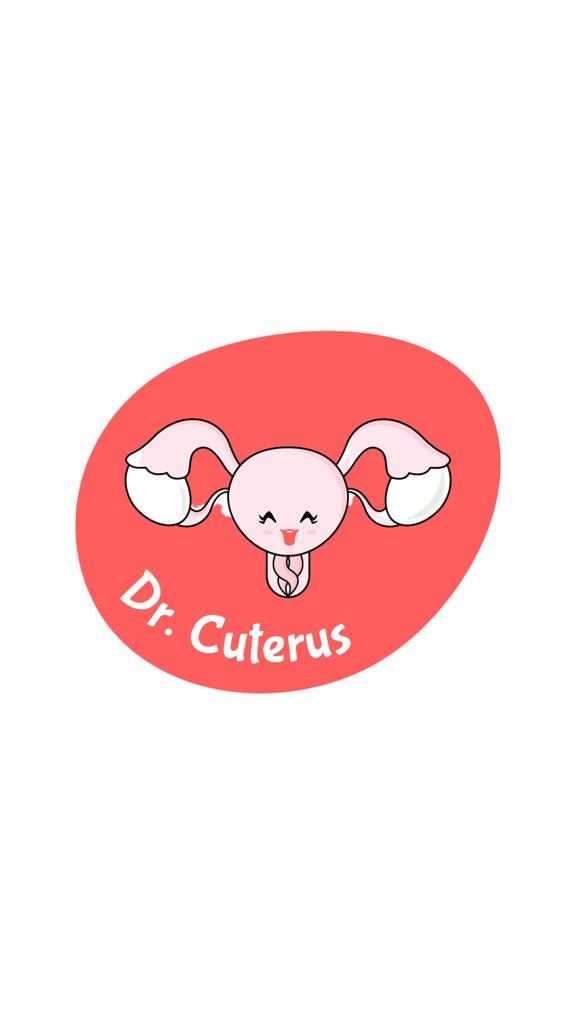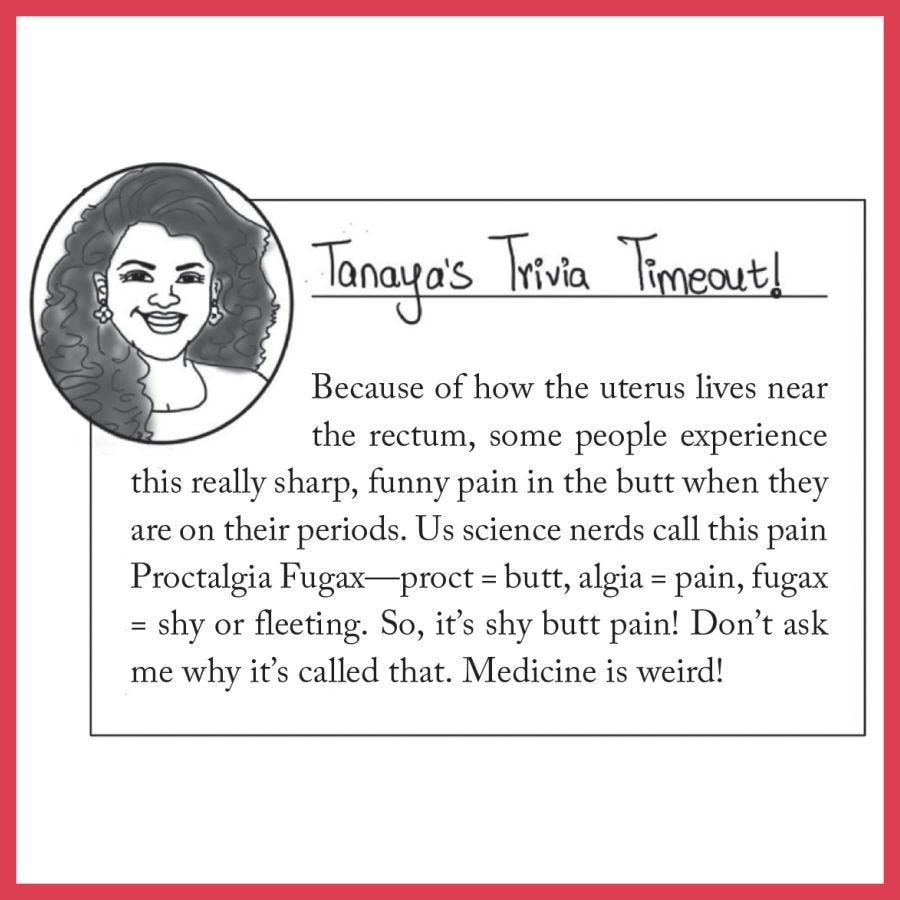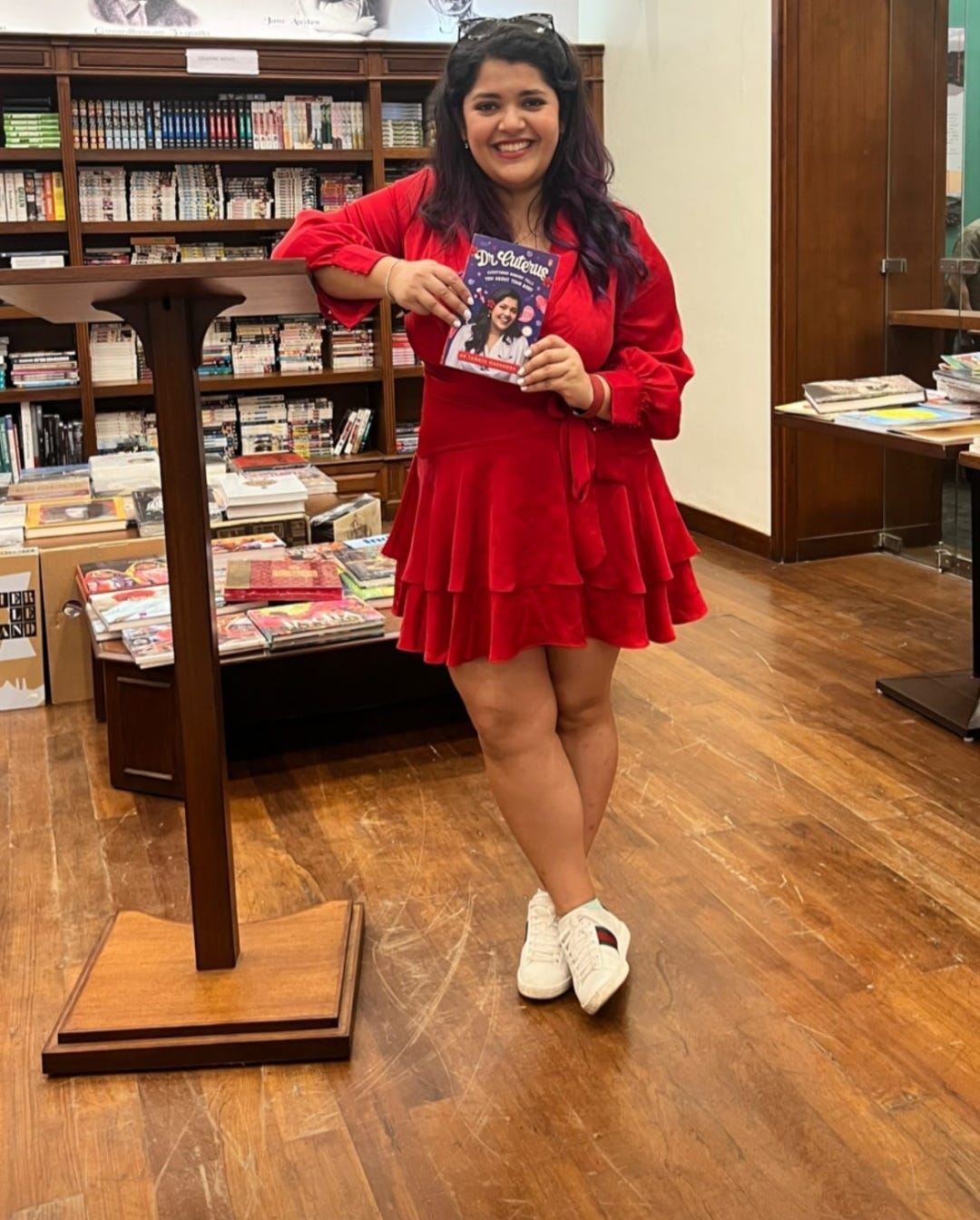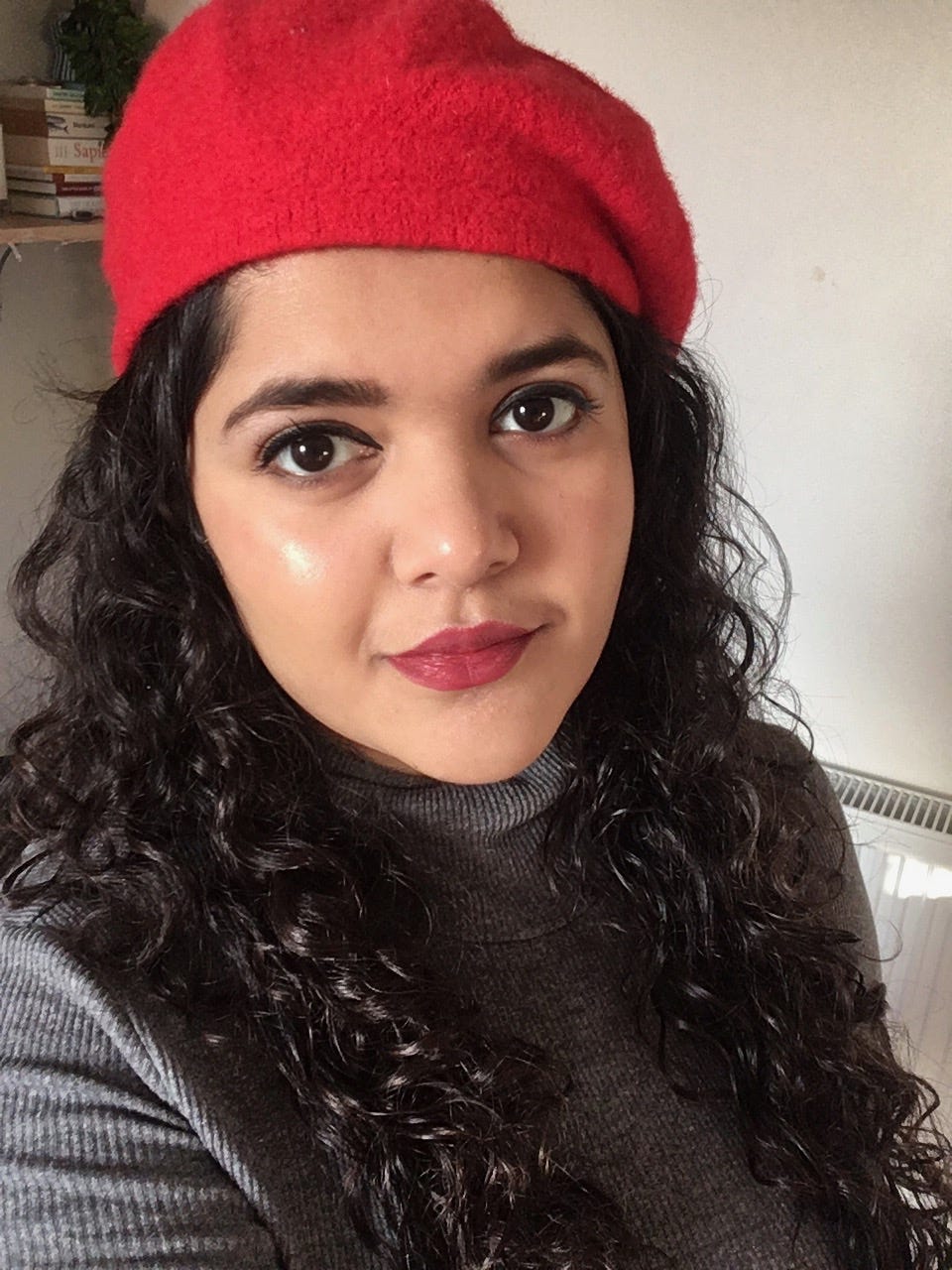Unleashing the Power of Medical Education: Dr. Tanaya Narendra's Journey from Oxford to Bestselling Author and Health Influencer
Dr. Tanaya Narendra, an internationally trained medical doctor, embryologist, scientist, and bestselling author, has taken the world by storm with her infectious energy and passionate commitment to medical education. As a pioneer in the field, she has received numerous accolades for her groundbreaking work, solidifying her position as a leading figure in the realm of public health.
After completing her master's degree at the prestigious University of Oxford, Dr. Tanaya embarked on a mission to make medical education accessible to the masses. Her unwavering dedication led her to become a registered doctor in England, while simultaneously pursuing her life's goal of disseminating knowledge to the public. Her outstanding contributions have been recognized by the esteemed Royal Society for Public Health, where she proudly holds the title of Fellow.
Dr. Tanaya's tireless efforts have garnered widespread acclaim, and her influence reaches far and wide. In 2020, she was awarded Sexual Health Influencer of the Year by SH24, the renowned online sexual health partner of the National Health Service (NHS). The following year, Cosmopolitan Magazine honored her as one of the Top 25 Disruptors of India, a testament to her innovative approach and groundbreaking impact. Moreover, the IHW Council, supported by the Niti Ayog and Ayushman Bharat, bestowed upon her the esteemed title of Health Influencer Of The Year.
In December 2022, Dr. Tanaya achieved yet another milestone with the launch of her debut book, published by Penguin Random House India. The book, a resounding success, swiftly became a bestseller. It delves into the realm of basic sexual education and body literacy, providing invaluable insights for readers of all backgrounds.
The online realm has become Dr. Tanaya's playground, where she reigns as the most popular medical professional in India. Through her captivating platforms, including the immensely popular Instagram account @Dr_Cuterus, she has amassed a following of over one million people. Her YouTube channel, also under the moniker Dr. Cuterus, has garnered an impressive 50 million views. Dr. Tanaya's unique approach combines fairytales, mannequins, entertaining GIFs, and relatable examples, enabling her to simplify complex medical and sexual education topics in an inclusive and gender-neutral manner. Her thriving community offers a safe space where no subject is deemed too taboo.
While her professional pursuits keep her busy, Dr. Tanaya still finds time to nurture her personal interests. She finds solace in the company of her beloved rescue dog, Samosa, and occasionally indulges in her passion for Latin literature. Furthermore, she explores the depths of the ocean through scuba diving adventures, all while relishing the diverse culinary delights the world has to offer.
Dr. Tanaya Narendra, affectionately known as Dr. Cuterus, injects fun, vitality, and a fresh perspective into the realm of sex education. Her enthusiasm and commitment to challenging societal norms and breaking down barriers make her a force to be reckoned with. With her unique blend of knowledge, charisma, and unwavering determination, she is transforming the landscape of medical education, ensuring that no topic is left unexplored or shrouded in silence.
In a recent conversation with Dr. Tanaya Narendra, we delved into the intricate tapestry of her career journey as a medical professional and explored the fascinating realms covered in her debut book. Dr. Tanaya's rise to prominence in the field of medicine and her dedication to public health education have made her a trailblazer in her own right.
Excerpts from the Interview :
Q1) Throughout your career as a sexual health educator, doctor, embryologist, and scientist, what are the most significant changes or advancements you have witnessed in the field, and how have they shaped your perspective on sexual health?
Tanaya : Throughout my career as a sexual health educator, doctor, embryologist and scientist, most significant advancements that I have witnessed in the field would be the advent of the Indian cervical cancer vaccine. It will be a game changer if this does get implemented. I'm also really really thrilled to see menstrual leaves become a norm in different countries and different companies. It has been absolutely amazing to see that. I see so many advancements in fertility treatments and people are able to develop artificial wombs, even though they haven't been tested on actual humans yet and still are a far way away before it becomes an actuall success but it's amazing to see this because so many people struggle to have a child and they would finally have an option. So the past 5 years in medicine, specially post covid, have been hugely empowering, encouraging and exciting.
Q2) In your book, "Dr. Cuterus - Everything Nobody Tells You About Your Body," you aim to provide comprehensive information on sexual health. How did you approach balancing scientific accuracy with accessibility for a wide range of readers?
Tanaya : A fundamental thing we tend to forget in public medical health education is to keep things funny and interesting. If you keep things a little bit funny and ridiculous people tend to remember those things and that is really helpful. It makes learning about sexual health a little less intimidating. Learning about medicine and our health is generally a topic that is fraught with a lot of nervousness and fear and anxiety for a lot of people and I tried to keep two formulas in mind : to make sure that the people laugh or at least giggle a little bit when they learn about this, so if it's a little bit ridiculous they would remember it. And the second is to make sure that they are able to understand it in a very jargon free way. So absolutely no jargon, explain it to them in their terms and their language and that's the way forward.
Q3) Your book tackles various sensitive topics related to sexual health. How do you navigate the fine line between addressing taboos and misconceptions while ensuring that readers feel supported and comfortable?
Tanaya : I have the privilege of having access to know a lot of question that people do want to know answers to or want an insight into. Also my medical training, I did some part of my training in the UK where I learnt how to address these uncomfortable and heavy topics which has been really really helpful to help me in framing my content in my style of work.
Q4) In many societies, discussions surrounding sexual health remain highly stigmatized. How do you believe your book can contribute to breaking down these barriers and fostering a more open dialogue?
Tanaya : The idea of this book is to destigmatise our bodies. I think the first thing that happens is the minute that you add the word 'sex' to things, there's an inherent taboo that is associated with it. So I try to avoid that taboo by making it very body friendly and more focused on body literacy. Which is why Hopefully more people would be able to use it. Instead of using it as a manual for sex , I've taken that angle out of it and given it a more body literacy angle and I hope that works better.
Q5) Did you consult with other experts or professionals in the field of sexual health during the writing process? How did their insights contribute to the book?
Tanaya : Yes! I spoke to a lot of urologists , I spoke to a lot of mental health professionals who deal with sexual health and I spoke with a lot of industry experts. For example you know heads of condom companies and heads of sexual toys industries to understand what the market share of these products is like and to understand how things have changed in India in the past couple of years. Even the doctors were mentioning the fact that our younger generation is very demanding when it comes to good sexual healthcare and really helped me in shaping my book.
Q6) As an advocate for women's health, what are some specific challenges unique to women that you address in your book, and how do you empower readers to take control of their own sexual health?
Tanaya : I want to emphasise on the importance of bodily autonomy and to take decisions for yourself and learning about your body for women and for men and for people of all genders and all sexual orientations. I think one of the most specific challenges for women in particular that happens is this overtly paternalist attitude from everybody about making our healthcare decisions as what to do and what not to do and often women tend to ignore their healthcare because they don't know what's wrong and what's not wrong so the idea is to establish a baseline that this is normal and if you say something different from this, this is a sign of an abnormality so you should speak to somebody. This is what I intending to do, hopefully more people would be able to walk away feeling more empowered from this.
Q7) In your opinion, what are the most critical steps that governments, educational institutions, and healthcare providers should take to improve sexual health education and accessibility for all individuals?
Tanaya :The first thing we need to do is have sex education in schools and second thing we need to do is we need to have a specialisation in sexual health. It doesn't exist. I want to train as a sexual health provider. I'm able to provide that through all of my training and all of my work with other health care providers and other healthcare specialists. But there is no specialisation, there is no residency that exists in sexual health and that's the need of the hour, we desperately need that. So yeah hopefully that will come soon and once we can do that we can also prioritise some sex ed for everybody and that will change the game.
Q8) Your background as a doctor, embryologist, and scientist brings a unique perspective to sexual health education. How do you utilize scientific research and evidence-based practices to enhance the content of your book?
Tanaya : I only use evidence based practice or scientific research , I don't do anything that is a form of my opinion. Having a very extensive and a very varied education helps in that in providing me different facets of how healthcare interacts sociologically, anthropologically, historically and scientifically. So I try to use all of that and keep it as evidence based as possible.
Q9) With the abundance of information available on the internet, misinformation about sexual health is prevalent. How do you empower readers to differentiate between reliable sources and potentially harmful misinformation?
Tanaya : There's no simple answer to this question simply because, even the most well meaning people tend to make some misinformed content, which is why I would say treat everything on the internet with skepticism, treat everyone on the internet with skepticism, always question qualification, always question resources , always check background and always fact check everything. And that's what I encourage people to do. Don't just take everything on face value.
Q10) What role do you believe media and fashion play in shaping societal attitudes and perceptions about sexual health, and how can they contribute positively to the conversation?
Tanaya : Most common misconceptions unfortunately tend to be around body image issues. Are my boobs too large or are my boobs too small, is my penis too large , is my penis too small, how do I change the size or shape or colour of any particular bodypart. Secondly a lot of masturbation myths. People have somehow learnt to assume that masturbation is awful and it will only lead to bad things which is not true. And a lot of myths about periods as well, like you're dirty on your periods, you're unclean on your periods or something. So I have a lot of chapters in my book on these issues and I try to debunk them by providing the science behind how all of this works instead of being preachy. That's the strategy in this book and let's hope it works.
Q11) In your experience as a sexual health educator, what are some of the most common misconceptions or myths you have encountered, and how do you debunk them in your book?
Tanaya : So the first thing to remember is that the internet is wild and free and there is a lot of information that is available online that you can also fact check from a lot of other reliable sources so utilise that resource. Utilise the availability of that. As far as financial restraints or lack of access goes I think it is a more systemic issues, this is not something that we can dismantle in one go. Hopefully with more government participation and more interest in the subject we will be able to change things and we would be able to bring more of a positive influence in attention to these topics and hopefully that will change things but that is a long game.
Q12) What strategies or recommendations do you have for individuals who may face barriers, such as financial constraints or lack of access, in seeking appropriate sexual health education or healthcare?
Tanaya :I hope it's a starting point for further exploration because it's quite basic and I've tried to include a lot of things in it. What I hope it becomes one day is a go to book for learning about your body. When people think about basic body literacy, about what to gift to their young ones or what to gift to their cousins or younger friends I hope this book would be that. Fingers crossed!
Thank you all for reading and a big thanks to Dr. Tanaya Narendra for collaborating in today’s post!
It’s a pleasure!
If any of my readers here , wish to know more about her. They can follow the links mentioned below :-
Wikipedia : https://en.wikipedia.org/wiki/Tanaya_Narendra
Instagram : https://www.instagram.com/dr_cuterus/
LinkedIn : https://www.linkedin.com/in/tanaya-narendra/



